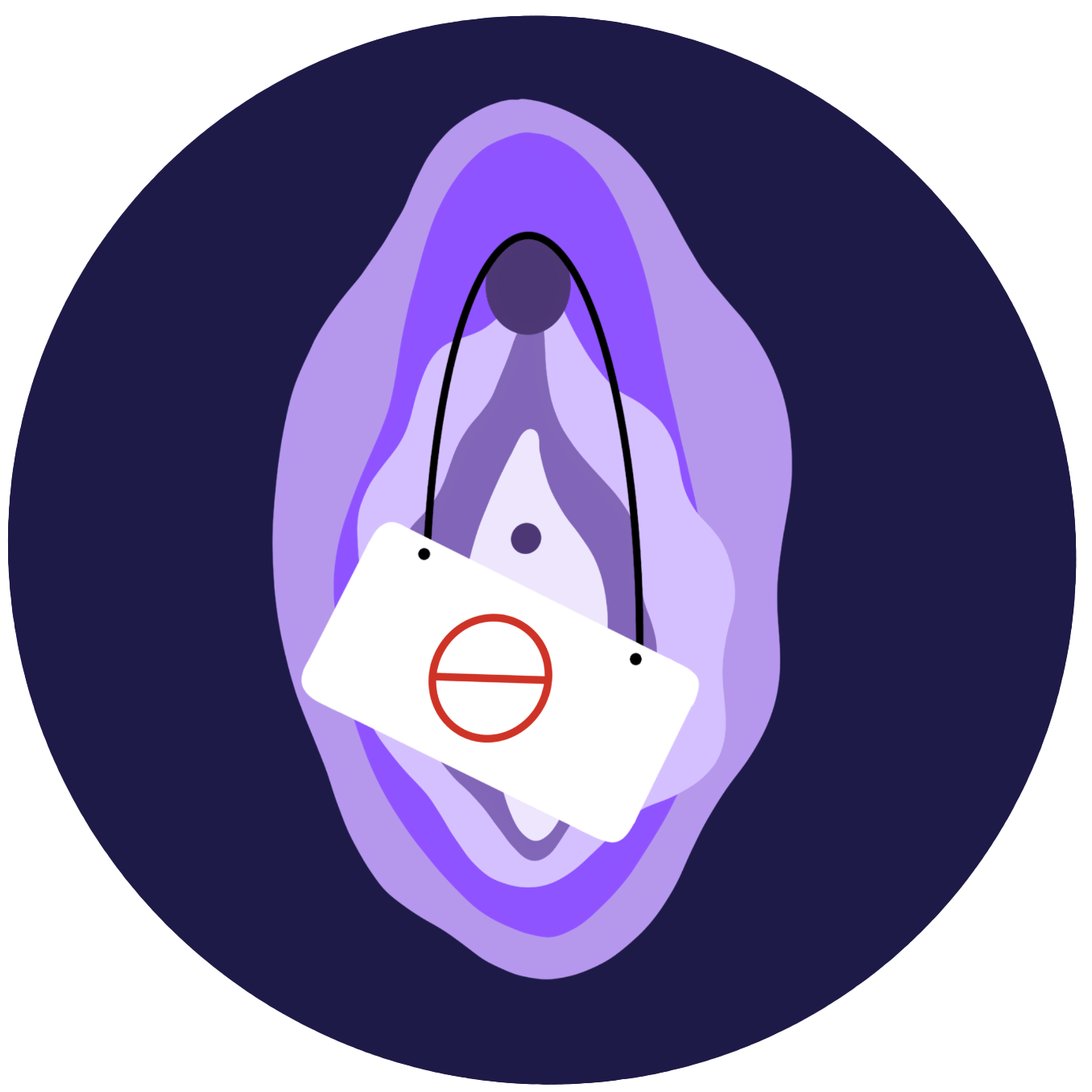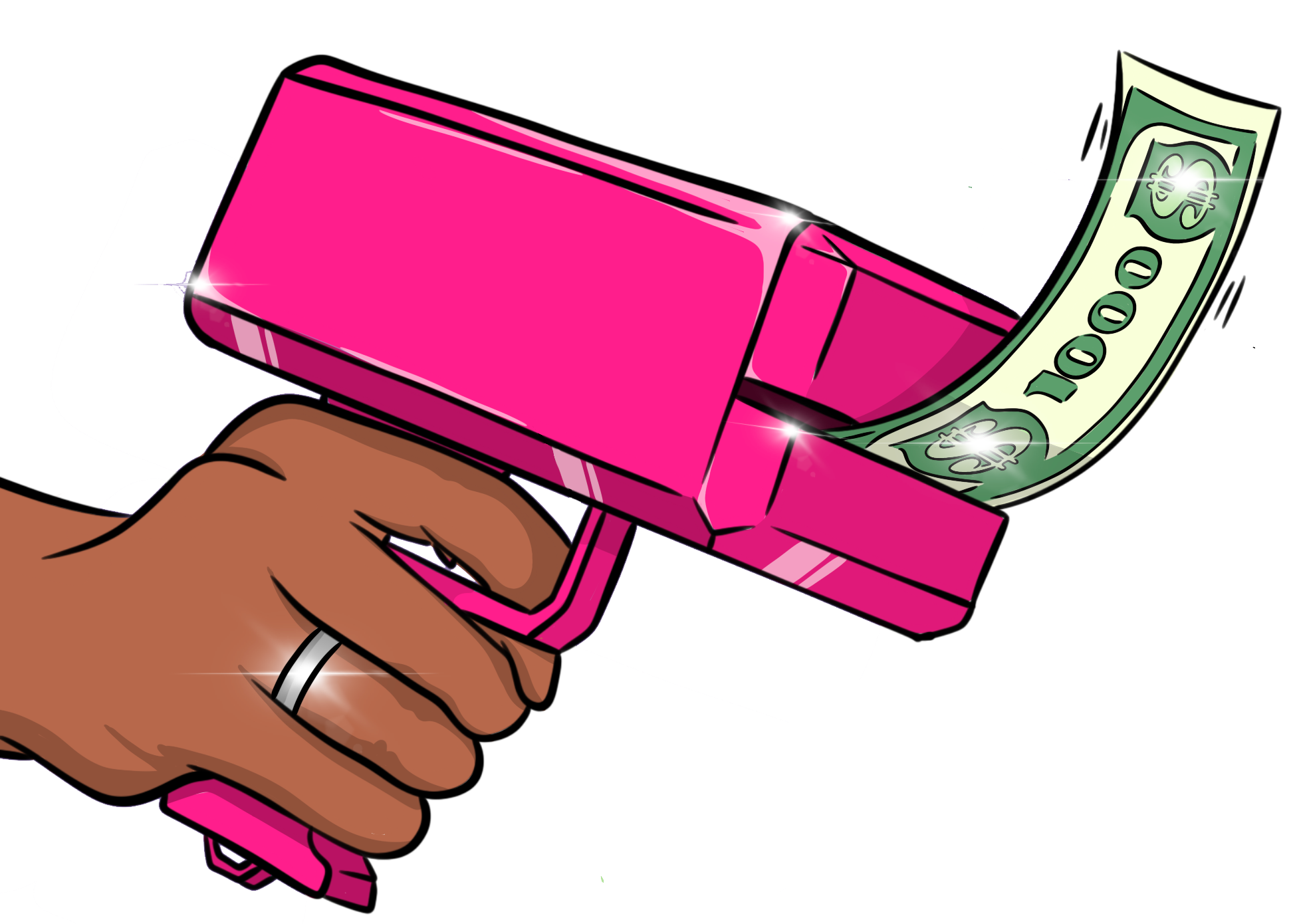I’m Ellamae from Va Va Womb and Mind Over MRKH. At 16 years old, I didn’t start my period and found out I had MRKH syndrome. I’ve teamed up with Evie at Cliterally the best to spread awareness of the condition, you are not alone!
What Is MRKH?
MRKH is a congenital (which means born with) condition that affects 1 in 5000 female babies born worldwide. MRKH stands for Mayer Rokitansky Kuster Hauser Syndrome and is named after the four medical professionals that discovered it.
It is under the wider umbrella of variations in sexual developments (VSD or DSD for differences).
MRKH is usually discovered in the teenage years when periods do not start and you may notice difficulty with penetration (be it your fingers, or through penetrative sexual experiences)
Medical professionals will usually do physical examinations and further scans (MRI or Ultrasounds) to determine the diagnosis.
People with MRKH type 1 all have a variation of an underdeveloped reproductive system- so an underdeveloped or completely absent womb, cervix and vagina.
Ovaries, vulva and clitoris are not affected hence it can go unnoticed until puberty. It varies in each person with MRKH. So some people may have uterine remnants or uterine horns, and others may have no uterus at all. Some with MRKH may have a fully formed vaginal canal whereas others may have no vaginal canal at all.
MRKH is also known as Mullerian agenesis as the Mullerian ducts (at the embryo stage) do not form properly. As people with MRKH have normal ovary development and have typical XX female chromosomes – although it’s important to remember that body parts and chromosomes do not define gender, just biology. It means that they still may go through the majority of the menstrual cycle but just no monthly bleed and during ovulation, the egg will disappear into the pelvic cavity.


MRKH & Pleasure
There are some paths people with MRKH may take to help them with creating a vaginal canal if they want to have penetrative sex.
The vagina, even with MRKH, is still a powerful muscle! Some will choose to do vaginal dilating, which is the process of slowly stretching the vagina over time. Others may choose different types of surgery, so creating a vagina then dilating, and lots of people with MRKH may choose to leave their body as it is or do it naturally through self-pleasure or sex.
There is no rush with deciding, cross that bridge when you want to explore what is right for you.
It’s important to note that although the vaginal canal is shorter or absent, with clitoral stimulation people with MRKH can still have sex (Which is not just penetrative) and can still orgasm, and as they still have Bartholin glands at the entrance to the vagina it means it’s still possible to get natural lubrication when aroused.
The myth of the hymen is also an important awareness for people with MRKH as within different cultures dilating can be seen as sex, but it’s not.
Losing your virginity is a myth and dilating does not mean you have lost your virginity.
MRKH & Fertility
It’s really important to know that you are not broken, you do not need to be fixed and if you choose to do anything to your body it must be for you, in your own time, and not for anyone else. You are whole, enough and worthy.
As people with MRKH have ovaries, they can have their biological children via gestational surrogacy, or some hopeful parents who have MRKH may choose to adopt.
IVF funding is quite rare due to the ethics of surrogacy- similar to same-sex couples, so make sure you seek advice from Surrogacy UK if you want to explore parenthood and MRKH.
Useful Links
Head to Mind Over MRKH for more MRKH content and resources which is a platform linked to Va Va Womb. Mind Over MRKH aims to support people with things like sex, pleasure and mindfulness, but it’s also got plenty of resources that can support people with disclosure and navigating their life through living with MRKH.
Head to MRKH Connect to find people with MRKH near you and an online forum- MRKH Connect is a U.K Charity.
Listen to the podcast episode with Ella on the Sex-Positive Podcast!









